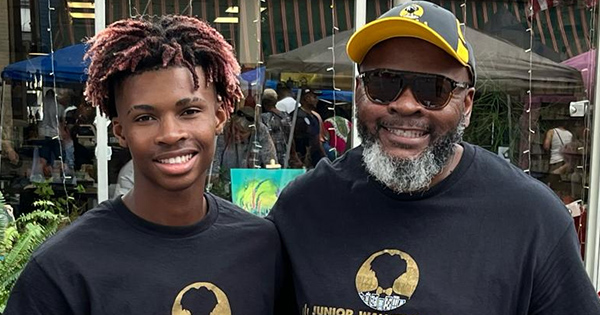Legislation to crack down on marijuana products, including synthetics, heads to Youngkin
The General Assembly failed at finding a path to starting recreational marijuana sales this year, but a law outlining stricter regulations for retailers selling what one lawmaker called “juiced-up” synthetic products made its way through the legislature last week with bipartisan support.
The bill, which is now before Gov. Glenn Youngkin, explicitly bans sales of any substance that contains more than 0.3 percent or .25 milligrams of THC per serving or more than one milligram per package. The measurements would apply to any naturally occurring or synthetic version of THC such as delta-8, the popular synthetic substitute made from industrial hemp that producers claim is legal.
“This product is dangerous because people don’t understand the impact, the safety issues,” said Sen. Emmett Hanger, R-Augusta, who introduced the legislation.
Since the personal possession and home cultivation of marijuana became legal in the commonwealth last year, but not commercial recreational sales of the drug, which is currently restricted to licensed medical dispensaries, have led to a wide variety of products that may or may not be legal being sold in retail outlets.
When it was introduced, Hanger’s SB 591 attempted to curtail marijuana retail products’ appeal to children by banning depictions of humans, animals, vehicles and fruits. But the law expanded to bring the unregulated market under control.
To close the loopholes when a new compound comes on the market it is essential for legislation to give state agencies flexibility in the existing regulatory framework, Peace said, describing the popularity of delta-8 as a perennial problem that would continue with scientific advancements.
Although the law passed with broad bipartisan support, hemp advocates such as Jason Amatucci, the president of the Virginia Hemp Coalition, say the legislation “throws the whole hemp industry under the bus.” Amatucci agreed with the provision that will regulate products’ appeal to children but said the limits set forth are so low they would criminalize most products.
“This bill doesn’t do anything to actually solve the problem,” Amatucci said. “It actually just hurts the current law-abiding Virginia hemp industry that’s making good quality products.”
(Editor’s Note: This article was published by permission by the Virginia Mercury.)



